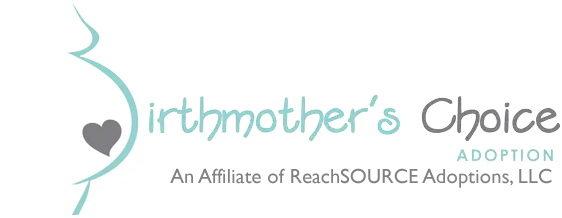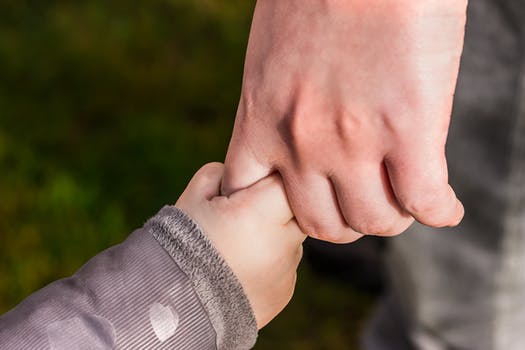According to Creating A Family (www.creatingafamily.org), closed domestic adoptions only make up 5% of adoptions that take place. 40% of adoptions are mediated and 55% of those adoptions are open. The percentage of adoption agencies that offer open adoption has also increased to 95%.
It seems as if secrecy is becoming a thing of the past in regards to adoption. More and more expectant mothers are deciding that it is best to stay in touch with their baby. Although no child is exactly the same, and no child will grow up with the same experiences, there are possible benefits for your child with an open adoption plan.
With an open adoption plan, the adopted child understands why they were adopted.
They are able to communicate with you, to ask you questions about why they were placed for adoption. This can give them a better sense of identity and self-worth with answered questions. Since they are in contact with you, there would be no need to fantasize about or search for their parents later in life. With an open adoption, it is possible to be open and clear with your child about why they are where they are.
With an open adoption plan, the adopted child will know what their biological parents are like.
Everyone has certain quirks that they grow up with. Everyone has likes and dislikes. By staying in contact with you it will be easier for your child to understand why they act the way they do. Maybe they will find similarities with you and have a better understanding of who they are. This can give them a sense of belonging. They can also come to know the history of their family and more information about their ethnic backgrounds.
Family medical history is disclosed.
This can be important for an adopted child, especially later in life. With a closed adoption, as much family medical information that is known should be given, so the adoptive parents to know which health risks could run in the family. However, this information can change over time. With an open adoption, you can provide the adoptive parents with updated information regarding medical history to be sure the adopted child receives the care they need.
Removes some feelings of secrecy and shame.
Being open about everything removes the stigma that placing a baby for adoption is shameful and should be kept secret. A child may grow up wondering if they were a big secret or that you were ashamed to have them. By being able to reach out to your child and their family, those thoughts can be erased by explaining why they were placed for adoption.
Creates protection against a sense of abandonment.
Open adoptions open up all lines of communication. If your child has questions, they can ask and get an answer. By explaining your situation, they will have a better understanding of why you made the choice that you did. You will still be within reach, in a way. Although you won’t be the one to raise your child, you would still be able to form a connection with them, making it clear they were not abandoned.

